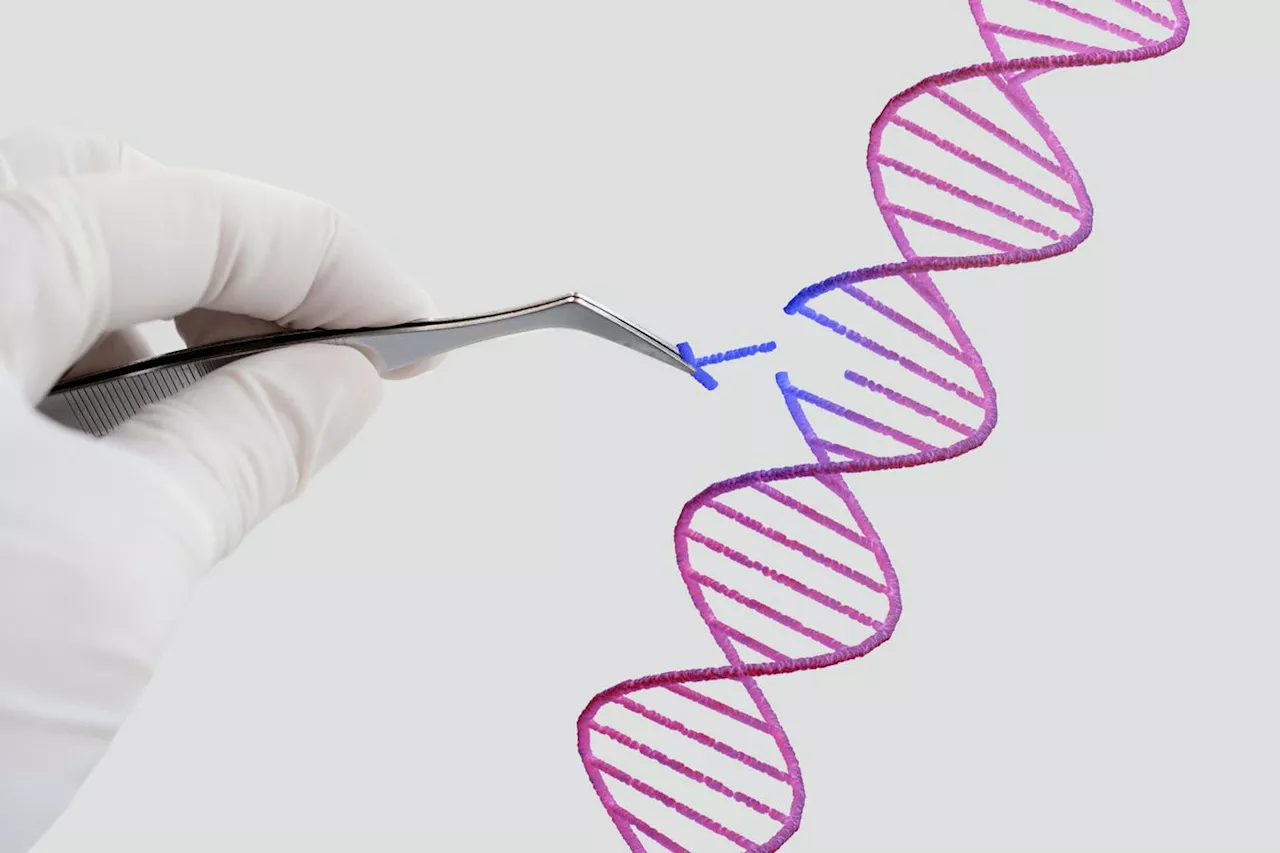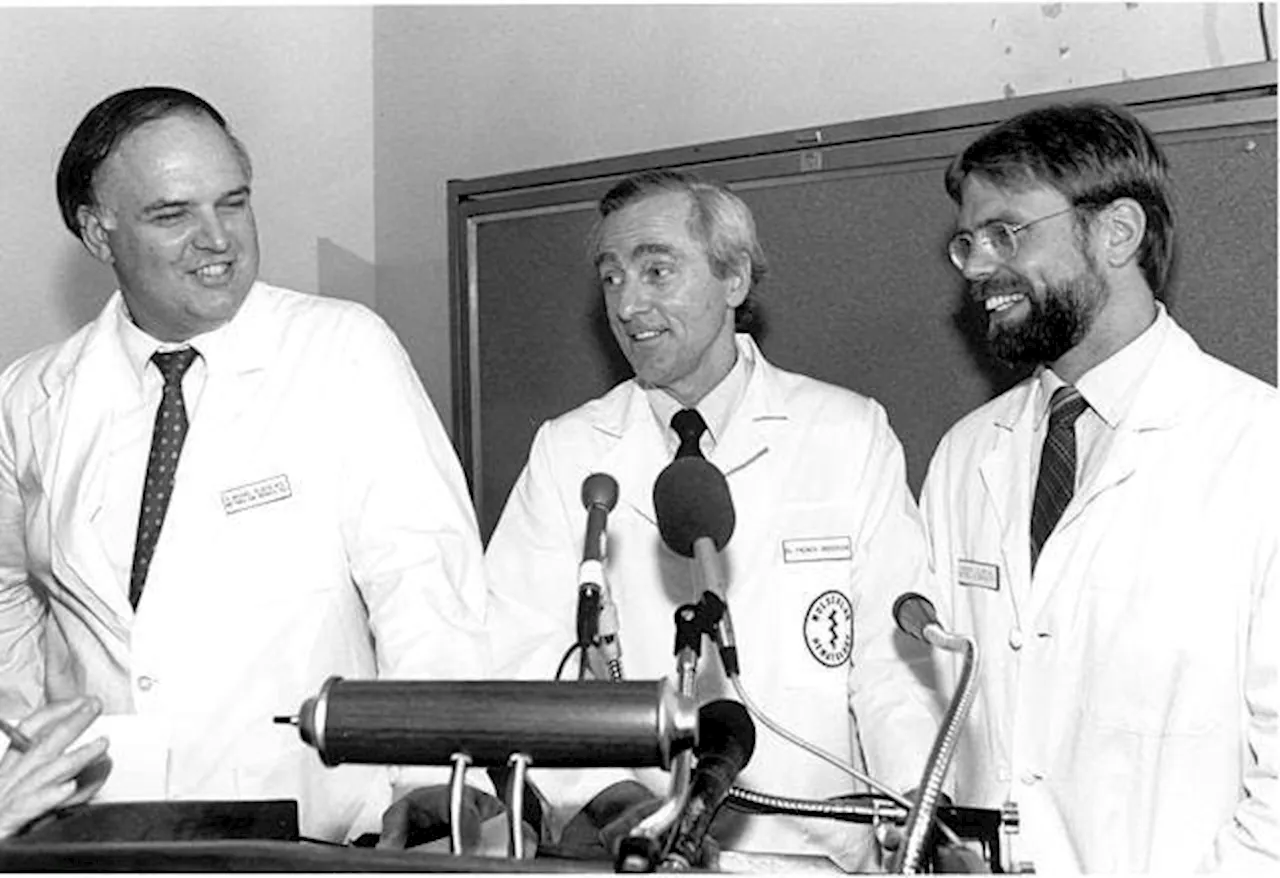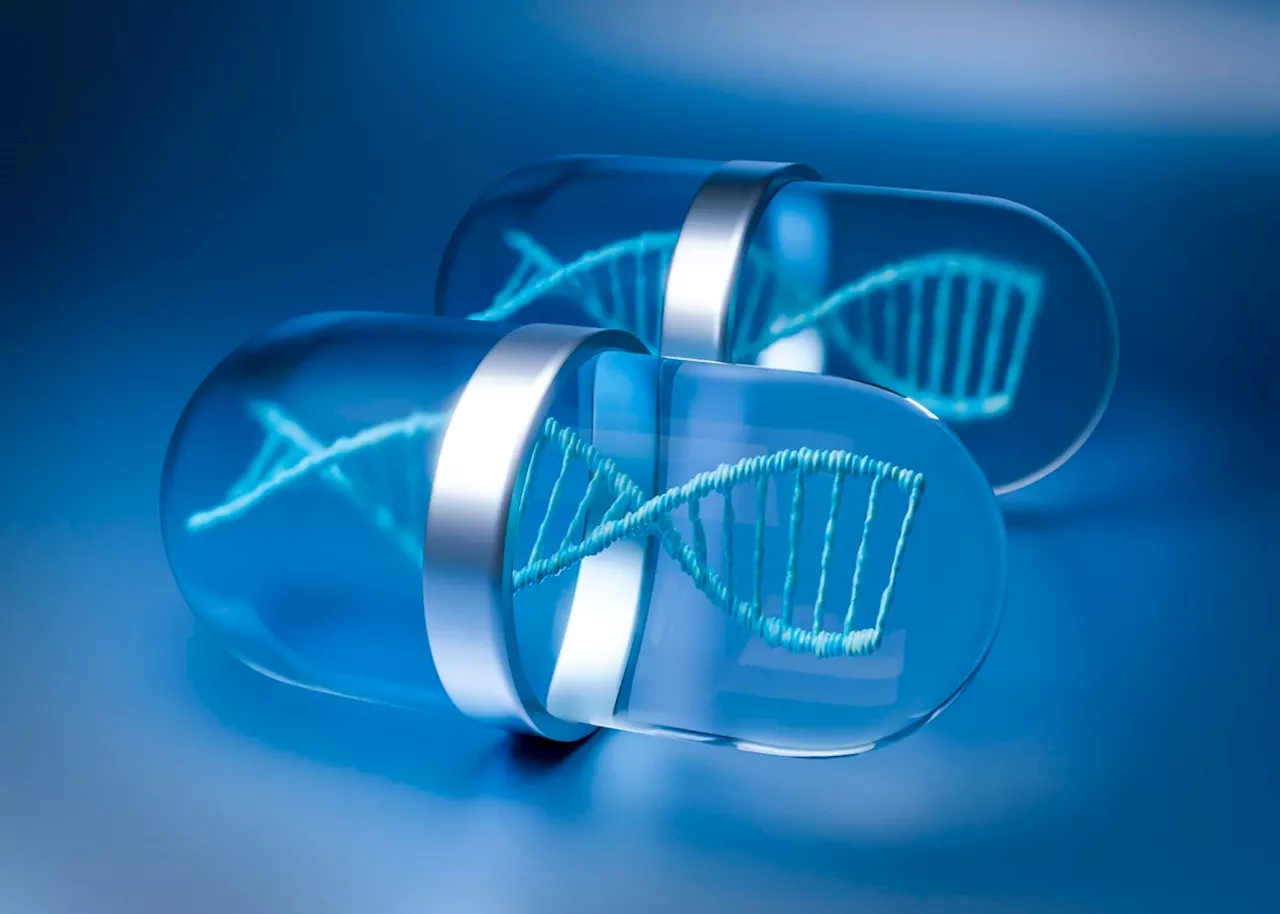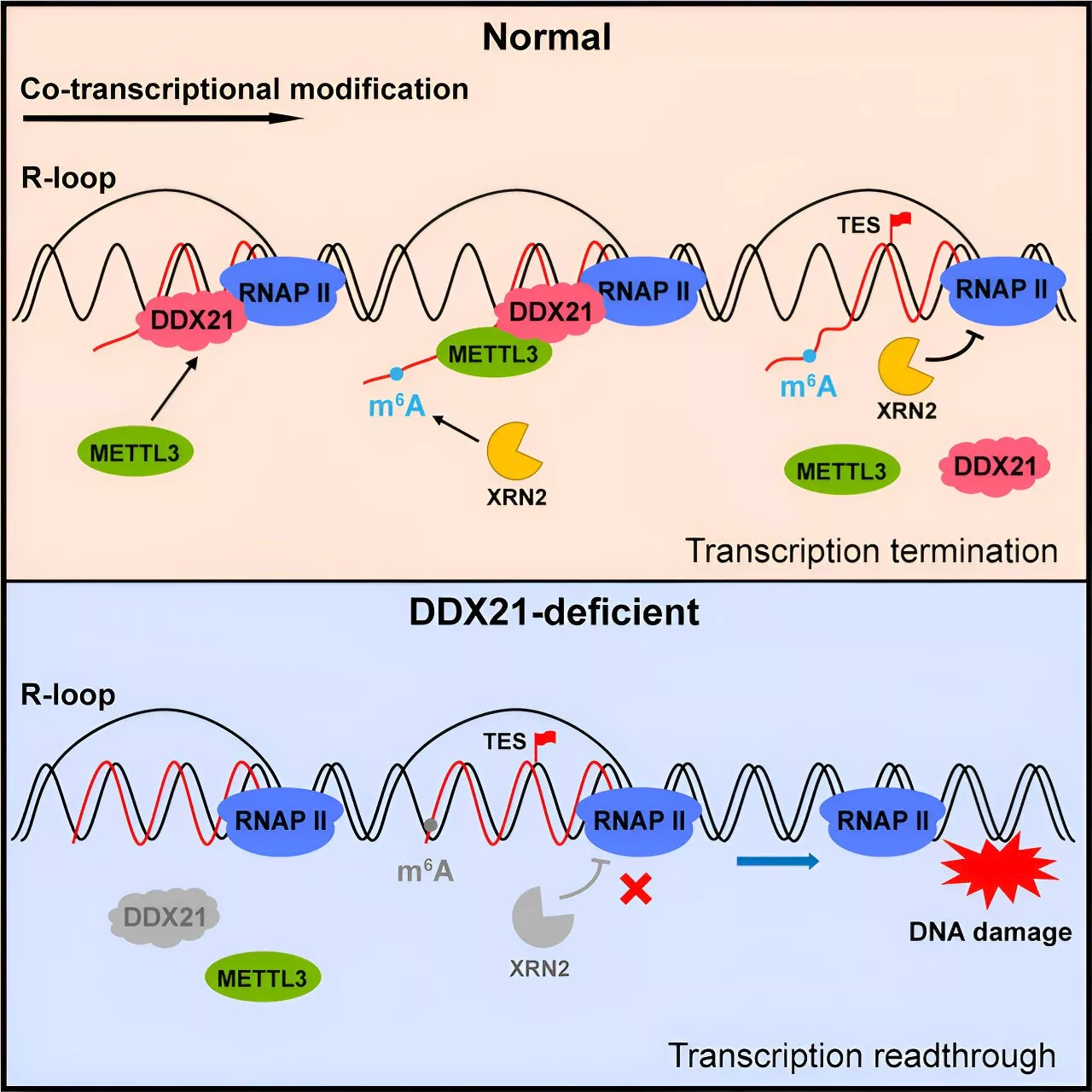Single-cell RNA sequencing has been widely used to investigate cell state transitions and gene dynamics of biological processes. Current strategies to infer the sequential dynamics of genes in a process typically rely on constructing cell pseudotime through cell trajectory inference.
However, the presence of concurrent gene processes in the same group of cells and technical noise can obscure the true progression of the processes studied. To address this challenge, we present GeneTrajectory, an approach that identifies trajectories of genes rather than trajectories of cells. Specifically, optimal transport distances are calculated between gene distributions across the cell–cell graph to extract gene programs and define their gene pseudotemporal order.
Cao, J., Zhou, W., Steemers, F., Trapnell, C. & Shendure, J. Sci-fate characterizes the dynamics of gene expression in single cells.Wolf, F. A. et al. PAGA: graph abstraction reconciles clustering with trajectory inference through a topology preserving map of single cells.Deconinck, L., Cannoodt, R., Saelens, W., Deplancke, B. & Saeys, Y. Recent advances in trajectory inference from single-cell omics data.Trapnell, C. et al.
. Illustration of GeneTrajectory simulation framework. A simple linear differentiation process simulation is shown. Each cell is associated with a pseudotime.
United States Latest News, United States Headlines
Similar News:You can also read news stories similar to this one that we have collected from other news sources.
 Gene Therapy, DNA's Past, RNA's Future: A Time Of PromiseI am a scientist, businessman, author, and philanthropist. For nearly two decades, I was a professor at Harvard Medical School and Harvard School of Public Health where I founded two academic research departments, the Division of Biochemical Pharmacology and the Division of Human Retrovirology.
Gene Therapy, DNA's Past, RNA's Future: A Time Of PromiseI am a scientist, businessman, author, and philanthropist. For nearly two decades, I was a professor at Harvard Medical School and Harvard School of Public Health where I founded two academic research departments, the Division of Biochemical Pharmacology and the Division of Human Retrovirology.
Read more »
 Gene Therapy, DNA's Past, RNA's Future: The Lost YearsI am a scientist, businessman, author, and philanthropist. For nearly two decades, I was a professor at Harvard Medical School and Harvard School of Public Health where I founded two academic research departments, the Division of Biochemical Pharmacology and the Division of Human Retrovirology.
Gene Therapy, DNA's Past, RNA's Future: The Lost YearsI am a scientist, businessman, author, and philanthropist. For nearly two decades, I was a professor at Harvard Medical School and Harvard School of Public Health where I founded two academic research departments, the Division of Biochemical Pharmacology and the Division of Human Retrovirology.
Read more »
 Gene Therapy, DNA's Past, RNA's Future: The Golden EraI am a scientist, businessman, author, and philanthropist. For nearly two decades, I was a professor at Harvard Medical School and Harvard School of Public Health where I founded two academic research departments, the Division of Biochemical Pharmacology and the Division of Human Retrovirology.
Gene Therapy, DNA's Past, RNA's Future: The Golden EraI am a scientist, businessman, author, and philanthropist. For nearly two decades, I was a professor at Harvard Medical School and Harvard School of Public Health where I founded two academic research departments, the Division of Biochemical Pharmacology and the Division of Human Retrovirology.
Read more »
 Gene Therapy, DNA's Past, RNA's Future: A New Wave Of HopeI am a scientist, businessman, author, and philanthropist. For nearly two decades, I was a professor at Harvard Medical School and Harvard School of Public Health where I founded two academic research departments, the Division of Biochemical Pharmacology and the Division of Human Retrovirology.
Gene Therapy, DNA's Past, RNA's Future: A New Wave Of HopeI am a scientist, businessman, author, and philanthropist. For nearly two decades, I was a professor at Harvard Medical School and Harvard School of Public Health where I founded two academic research departments, the Division of Biochemical Pharmacology and the Division of Human Retrovirology.
Read more »
 Researchers reveal mechanism behind most common mammalian mRNA modificationRNA—in the form of messenger RNA (mRNA), ribosomal RNA (rRNA), and transfer RNA (tRNA)—transforms the genome coded by DNA into proteins that form the backbone of all cellular functions. However, biochemical modifications to RNA frequently occur, with a subsequent influence on gene expression and the potential to cause disease.
Researchers reveal mechanism behind most common mammalian mRNA modificationRNA—in the form of messenger RNA (mRNA), ribosomal RNA (rRNA), and transfer RNA (tRNA)—transforms the genome coded by DNA into proteins that form the backbone of all cellular functions. However, biochemical modifications to RNA frequently occur, with a subsequent influence on gene expression and the potential to cause disease.
Read more »
 Single Mom Hung Out At Kid's School To Meet Single Dad: Now They're MarriedRachel Paula Abrahamson is a lifestyle reporter who writes for the parenting, health and shop verticals. Her bylines have appeared in The New York Times, Good Housekeeping, Redbook, and elsewhere. Rachel lives in the Boston area with her husband and their two daughters. Follow her on Instagram.
Single Mom Hung Out At Kid's School To Meet Single Dad: Now They're MarriedRachel Paula Abrahamson is a lifestyle reporter who writes for the parenting, health and shop verticals. Her bylines have appeared in The New York Times, Good Housekeeping, Redbook, and elsewhere. Rachel lives in the Boston area with her husband and their two daughters. Follow her on Instagram.
Read more »
